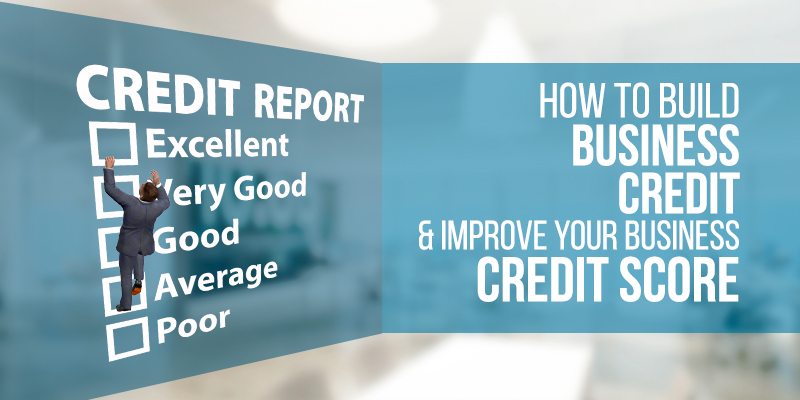What is Business Credit?
Welcome to World Capital and the wonderful world of business credit! Despite the many differences between business and personal credit, there are multiple similarities. Business credit, also known as commercial credit, is defined by Investopedia as follows:
“A number indicating whether a company is a good candidate to lend money to or do business with. Business credit scores, also called commercial credit scores, are based on a company’s credit obligations and repayment histories with lenders and suppliers; any legal filings such as tax liens, judgments or bankruptcies; how long the company has operated; business type and size; and repayment performance relative to that of similar companies.”
Unlike a personal credit score, with a range of 300 and 850, business credit is scored on a 0 to 100 scale. Just the same as personal credit, the higher the score, the lower the lending risk. As an individual, you thrive to push your score as close to 850 as possible. As a business owner, 100 is the magic number.
Who Scores Business Credit?
There are three primary business credit scoring companies: Experian, Equifax, and Dun & Bradstreet.
Since all three firms use a different scoring system, there is no guarantee that your score will be identical across the board. Even so, you should expect it to be within the same general range.

Understanding the Basics of Business Credit
Understanding your business credit scores can go a long way in ensuring that you make the right financial decisions.
Here is the most basic detail: your business credit score ranges from 0 to 100. The higher your score the better.
The following questions and answers will help you gain a greater understanding of your business credit:
1. How do I secure a business credit report for my company?
The best way to understand your business credit is to review your business credit reports. All three of the primary business credit reporting firms can provide you with a copy of your report. Your Business credit adviser at World Capital can assist you with obtaining all three reports.
2. How is a business credit score calculated?
The credit reporting firms collect three basic types of information regarding your business:
- Credit obligation information.
- Legal filings
- Details of your company’s background collected from public records, collection agencies, credit card companies, state filing offices, and other sources.
Your business credit score is then calculated based on the following factors:
- Credit. This includes things such as credit utilization, payment habits, balances, and trends.
- Demographic details. Business size, years in business, and Standard Industrial Classification (SIC) code.
- Public records. Amounts and frequency associated with bankruptcies, judgments, and liens.
3. What is the reason for a low business credit score?
There are many reasons for a low business credit score, including but not limited to:
- Missed payments.
- An increase in slow payment of debt.
- Current judgments, liens, or collections on your business profile.
- The number of payments, balances outstanding, and credit utilization.
- Years in business.

4. How long does data remain on a business credit report?
This differs from one credit reporting agency to the next, however, here is Experian’s approach:
- Tax liens: six years and nine months.
- Bankruptcies: nine years and nine months.
- Judgments: six years and nine months.
- Trade data: three years.
- Collections: six years and nine months.
- Uniform Commercial Code filings: five years.
- Bank, government, and leasing data: three years.
5. What is the process of correcting inaccurate information on a business credit report?
Your business credit report should be 100 percent accurate. One mistake, even if it does not appear to be a big deal, can have a negative impact on your score. If you come across inaccurate information on your report, do the following:
- Determine if this is included on the report from all three bureaus.
- Do your homework to ensure that the information is truly inaccurate.
- Contact your business credit adviser and let them know
- Your adviser will help you contact the appropriate bureau(s).
- We will file the appropriate dispute on your report.
